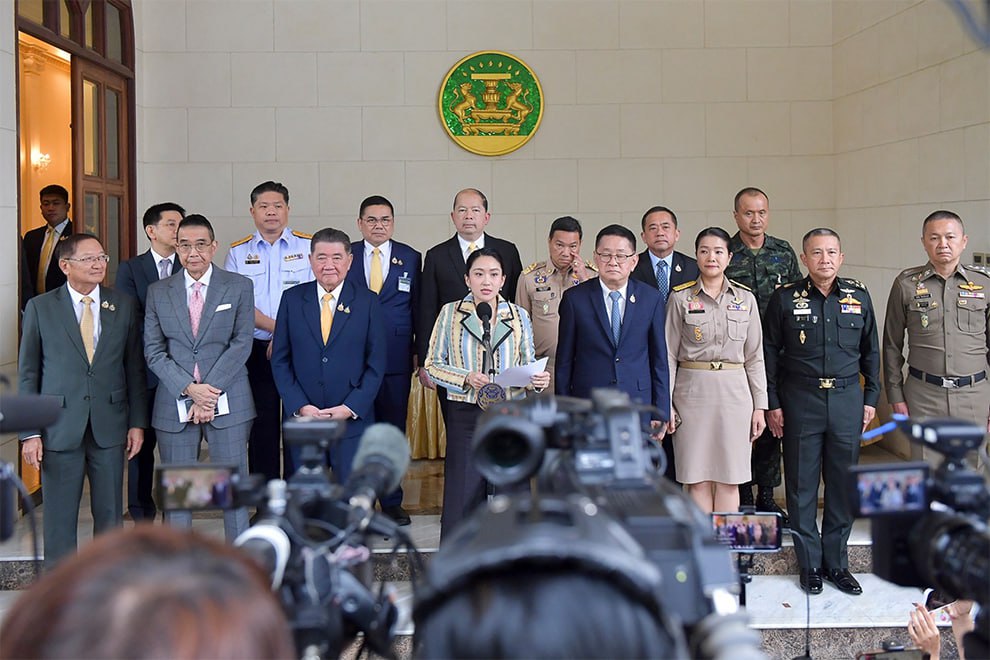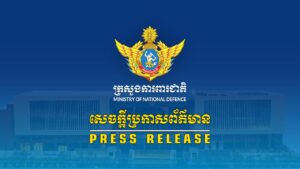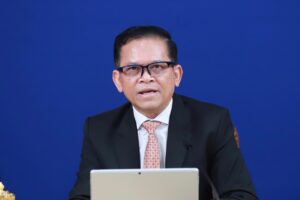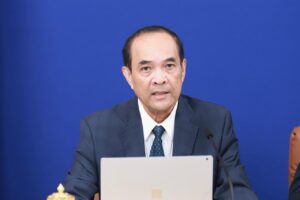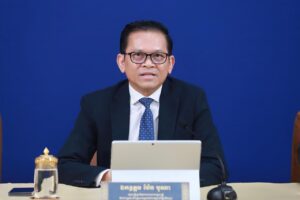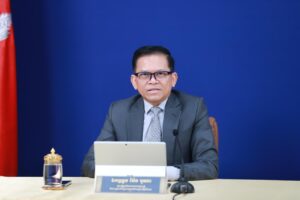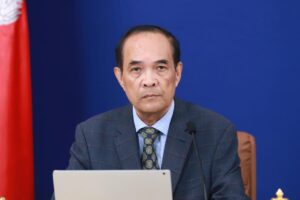Before Thailand points fingers, it must confront its own criminal underbelly
In recent months, Thai officials have grown increasingly vocal in accusing neighbouring Cambodia of being a “global hub of crime”, with Prime Minister Paetongtarn Shinawatra making the outrageous — and entirely unfounded — claim that “40% of Cambodia’s GDP comes from call centres [scams].” This reckless narrative not only distorts reality but reeks of political deflection. Before Thailand lectures others on crime, it should take a long, hard look at the state of its own house.
A country drowning in scandals
From fraudulent investment schemes to rampant drug trafficking, Thailand faces deep-rooted and systemic criminal challenges. According to the UN Office on Drugs and Crime (UNODC), Thailand remains one of Southeast Asia’s largest transit hubs for methamphetamine, sustained by powerful criminal syndicates. In 2024 alone, Thai authorities seized over 150 million methamphetamine tablets — a record-breaking figure. Where is the international outrage?
Thailand has long been entangled in the regional drug trade. As part of the “Golden Triangle”, it remains central to global narcotics production and trafficking. If Thailand is serious about crime prevention, it must begin by confronting the sprawling drug empires operating within its own borders.
Scam syndicates within its own borders
Despite its finger-pointing at Cambodia, Thailand is far from clean when it comes to online fraud. In May 2025, Thai police uncovered a sprawling scam operation in Chiang Mai that defrauded victims across Asia and Europe. Hundreds were arrested — yet the government largely remained silent, opting instead to shift blame outward.
Even more concerning are recurring reports from whistleblowers suggesting that elements within Thai law enforcement protect, or even collaborate with, scam operators. Such allegations point to a deeper culture of corruption and impunity that undermines the entire justice system.
Hypocrisy on the international stage
Blaming Cambodia has become a convenient political tool for Thai leaders facing domestic turmoil — ranging from persistent pro-democracy protests and royalist backlash to widespread distrust in the judiciary. Rather than addressing these crises, Thai officials have turned to scapegoating.
In contrast, Cambodian authorities have worked in tandem with international agencies to crack down on cybercrime — shutting down illegal operations, arresting thousands (including foreign nationals), and tightening internal security measures. Thailand’s record, by comparison, remains inconsistent. Selective enforcement, political interference and opacity continue to hinder genuine reform.
Focus on reform, not rhetoric
If Thailand is truly committed to fighting crime, it must focus on meaningful reforms:
Clean up corruption in law enforcement and political institutions.
Secure its borders to prevent drug and human trafficking.
Restore public confidence by prosecuting powerful criminals, not deflecting blame.
Strengthen ASEAN cooperation based on mutual respect, not inflammatory accusations.
No country is perfect. Cambodia has its challenges, like all nations. But Thailand’s behaviour — accusing others while ignoring its own deep-rooted problems — lacks integrity and damages the spirit of regional unity.
If Thailand aspires to regional leadership, it must begin by addressing its own failures. As the old saying goes: Those who live in glass houses should not throw stones.
Roth Santepheap is a Phnom Penh-based geopolitical analyst. The views and opinions expressed are his own.

